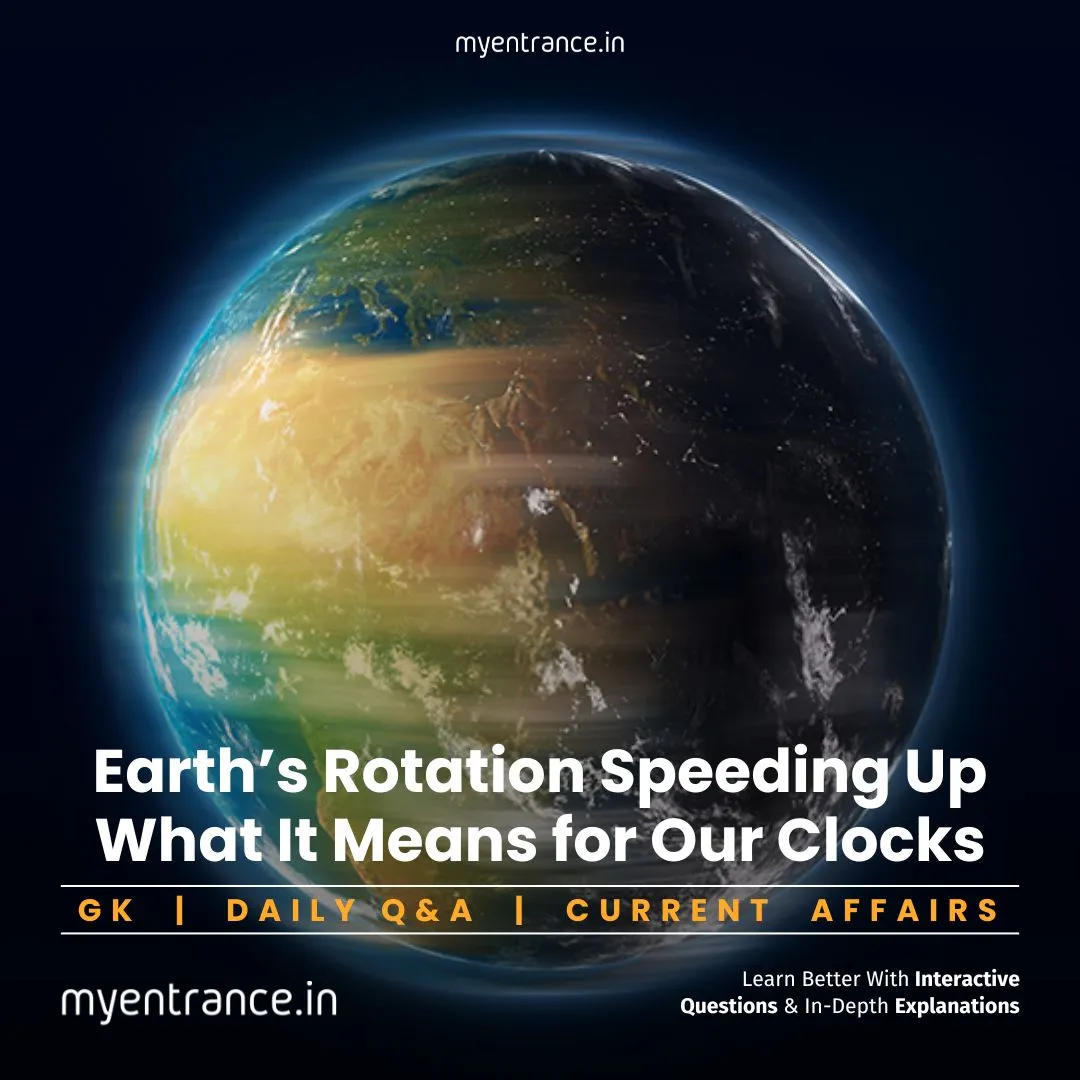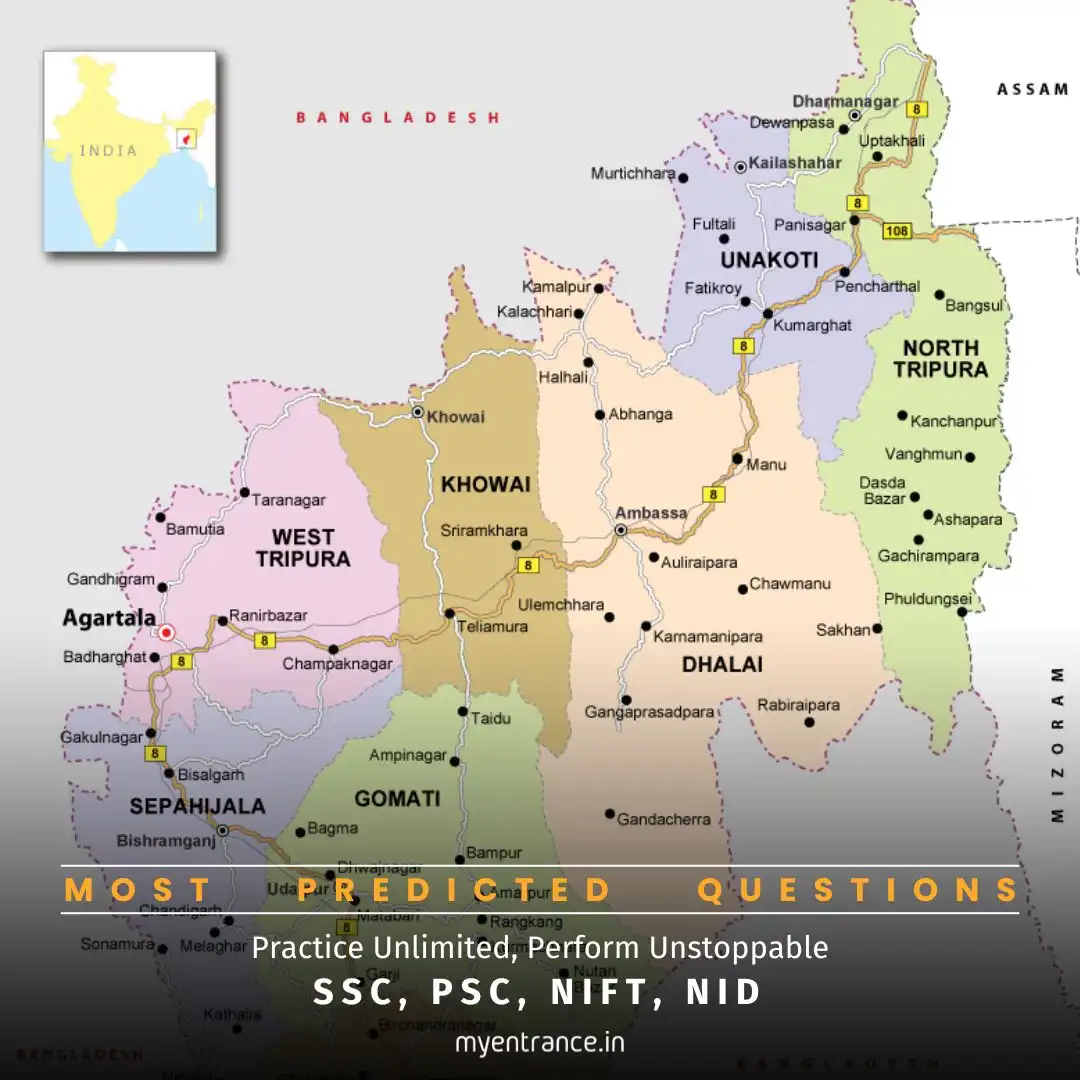Select Language
Earth is Spinning Faster: Should You Be Concerned?
Earth’s rotation is speeding up—shaving tiny fractions of a second off our days. While this won’t disrupt daily life, it could lead to the first-ever removal of a leap second by 2029. Here’s what’s happening and why it matters.

Why Are Days Getting Shorter?
Earth typically takes 86,400 seconds to complete one rotation, but this isn’t always exact. Several factors influence its spin, including:
Ocean tides and gravitational forces
Geological activity like earthquakes and volcanic eruptions
Shifts in Earth’s core and melting polar ice
Since 2020, Earth has been spinning faster, leading to shorter days. If this trend continues, experts predict we may need to subtract a leap second by 2029 to keep atomic clocks in sync with Earth’s rotation.
What’s Causing the Speed-Up?
Scientists are still investigating, but possible reasons include:
Changes in Earth’s molten core, altering rotation dynamics
Climate-related shifts, like melting glaciers redistributing mass
Natural oscillations in the planet’s spin over decades
Leonid Zotov, a researcher at Moscow State University, admits that existing models can’t fully explain the recent acceleration—making this a fascinating mystery.
Should You Worry?
Not at all! While the spin is faster now, Earth’s long-term trend is still a gradual slowdown. Days won’t drastically shorten anytime soon—in fact, they may eventually lengthen to 25 hours, but only after 200 million years.
The potential leap second removal in 2029 is just a minor adjustment for precision timekeeping, not a sign of planetary chaos.
Why Is This Important for Exams?
Topics like Earth’s rotation, timekeeping, and geophysical changes appear in competitive exams like SSC, PSC, and design entrance tests (NID/NIFT/FDDI). Understanding these concepts helps in:
General Science sections (Earth’s dynamics)
Current affairs (scientific discoveries)
Environmental studies (climate impact on geology)
Sample Questions & Answers
1. Why is Earth’s rotation speeding up recently?
A: Possible reasons include shifts in Earth’s core, melting ice caps, and natural rotational fluctuations.
2. What is a leap second, and why might 2029 be significant?
A: A leap second adjusts atomic clocks to match Earth’s rotation. In 2029, we may remove one for the first time due to faster spin.
3. How much shorter are days now compared to the past?
A: Days are ~1.5 milliseconds shorter than the standard 24 hours, with the shortest day in 2025 expected on August 5.
4. Will this speed-up affect human life?
A: No—the change is minuscule, and long-term trends still show Earth slowing down over centuries.
5. How did days differ during the dinosaur era?
A: Days were roughly 23 hours long due to slower rotation over millions of years.
Get 3 Months Free Access for SSC, PSC, NIFT & NID
Boost your exam prep!
Use offer code WELCOME28 to get 3 months free subscription. Start preparing today!















